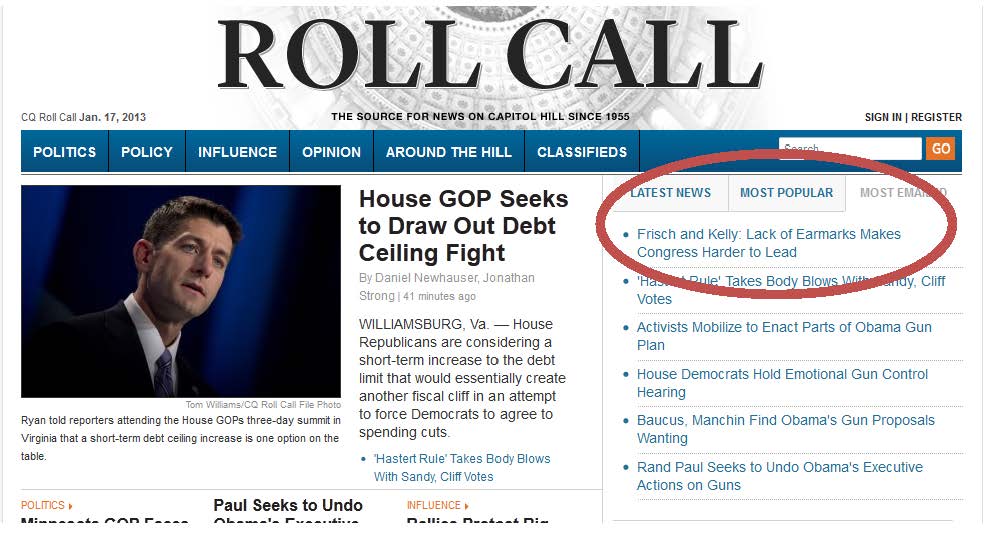What is up with H.R. 5, Student Success Act?
As I grow into the amazing world of education, I am constantly immersed with new knowledge. This includes the important role the Federal government has in the educational system. As a young Chicana and future educator being informed of legislative changes in education is of great importance to me. It has been my experience that teaching comes with great responsibility. The role of a teacher is not solely based in the classroom, it is his/her active duty to also participate with the community at large. The personal is political. For this reason, I explore how legislation affects the future of all students.
Recently, I came across a letter made to the U.S. House of Representatives by the National Hispanic Leadership Agenda (NHLA), and the Hispanic Education Coalition (HEC). This letter brought me to seek further knowledge on H.R. 5, the Student Success Act that has been re-introduced to the House as of February 2, 2015. Currently, this bill is still pending passage. Both the NHLA and HEC are opposing this bill and stated, “H.R. 5 violates these principles by block granting Title III programs for English learners, removing performance targets for the academic achievement of Latinos and English learners, and removing accountability for the achievement and learning gains of Latinos and English learners.”
Several concerns arise as I review H.R. 5 and other articles. The controversy can be summed in two topics: funding and the reduced role of the federal government in education. This is a major impact as local districts and states rely on Federal funds for important before/after school programs. Most of this programs include English Language Leaners (ELL) and children with disabilities.
Additionally stated in H.R. 5, funds that are granted to schools are designed to follow low-income students to a school of their parent’s choice. According to a National Review article, “These funds will follow low-income children to the district school or charter school of a parent’s choice. DOES NOT allow a private choice (even when the money is not allowed to go to private schools, leading it to charter schools is one preceding step.”
As a student that grew up in various underserved communities, I am aware on the difficulty of moving to “better” neighborhoods. I have also witnessed my own students face similar challenges. It is not only almost impossible to afford but transportation becomes a major problem. I had to reflect and ask myself, if this is leading towards to the privatization of our educational system? Will students living in poverty have the same advantages in school choice as those that are not?
My take on this is not about supporting or opposing H.R. 5. I simply reflected on my research that indeed, the personal is political. I have no doubt that many “affluent” individuals can identify this. My concern arises from those that are underserved and uninformed. How can a seven year old understand he/she depends on a political agenda? When will parents have the time to read through a 600 page bill while working endlessly to make ends meet?
Rep. Kline whom introduced the bill, stated directly from the House floor: “the legislation eliminates ineffective or duplicative programs so that each dollar makes a direct meaningful and lasting impact in classrooms”.
There is not right or wrong answer. Neither am I seeking to diminish the important role that our government has in many successful educational programs. I do not expect anyone to take my side or vice versa. Let me simply refresh politicians, teachers, parents, and all other advocates that the heart of the matter in education should always be students. Whether it is a five year old in kindergarten or a high school senior. Students are and should be the center of attention. Real change in education rises from the passion to do better for future generations, not placing a tag price on supporting them.



